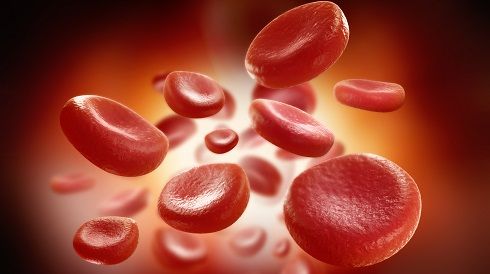Article
Tissue Plasminogen Activators Safe for Patients Who Wake Up with Stroke Symptoms
Author(s):
It is reportedly safe to use tissue plasminogen activator, the clot busting medication, on patients who wake up with symptoms of stroke, according to a new study. Generally, tPA should be administered within 4.5 hours of symptom onset to be considered effective.

It is reportedly safe to use tissue plasminogen activator (tPA), the clot busting medication, on patients who wake up with symptoms of stroke, according to a new study. Generally, tPA should be administered within 4.5 hours of symptom onset to be considered effective.
Researchers from The University of Texas Health Science Center at Houston examined 20 male patients and 20 female patients across five stroke centers in order to test the safety of tPA in these patients. The patients were between 18 and 80 years of age who had woken up with stroke symptoms between October 2010 and October 2013 and were started on intravenous recombinant tPA within three hours of symptom initiation and waking up. The researchers measured symptomatic intracerebral hemorrhage, plus asymptomatic intracerebral hemorrhage and clinical improvement on the National Institutes of Health Stroke Scale.
“Similar to heart attack, a significant portion — one out of four – of strokes start suddenly at or just before waking. At that time, the body undergoes many changes to prepare itself for wakefulness including elevating the blood pressure by releasing stress hormones,” co-principal investigator, Andrew Barreto, MD, explained in a press release. “Unfortunately, there are currently no treatments available for stroke patients who wake up with their stroke symptoms. Without tPA or some other form of restoring blood flow, the majority of these patients will be left with disabling effects.”
The patients received thrombolysis at a mean time of 10.3 hours from last seen normal symptoms and about 2.6 hours from awakening with symptoms. The study authors determined that this use of tPA was safe in their prospective study of patients who wake up with stroke symptoms. The investigators also believe that a randomized trial to test the efficacy of tPA in these patients would be “feasible,” they wrote.
“We plan to next move forward with a larger, randomized trial to definitively answer whether tPA reduces disability in this important group of stroke victims,” Barreto said.
The study, “Prospective, open-label safety study of intravenous recombinant tissue plasminogen activator in wake-up stroke,” was published in The Annals of Neurology.
Related Coverage:
Early Clot-Removal Surgery Means Less Post-Stroke Disability
Genetic Explanation for Some Unexplained Cardiac Deaths
Fixing 'Gaps' in Warfarin Treatment for Veterans with Atrial Fibrillation


